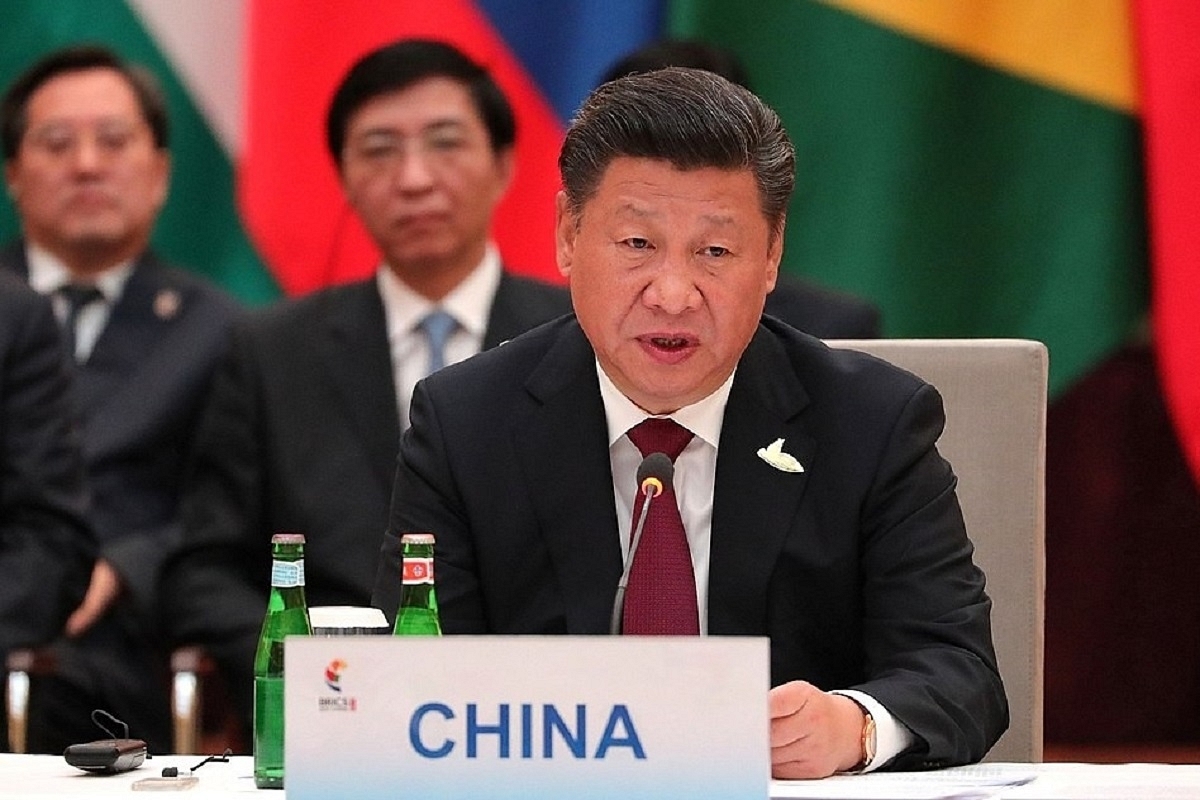Business
Chinese Economy Slides Into Deflation As Recovery Slows Down Amid Weak Demand

Chinese President Xi Jinping (representative image) (Wikimedia Commons)
China's economy continues to face challenges as consumer prices fell into deflation in July.
Additionally, factory gate prices extended their declines, adding pressure on Chinese authorities to release more direct stimulus.
The consumer price index (CPI) dropped 0.3 per cent year-on-year, marking the first decline since February 2021. However, this was a slightly slower fall than the expected 0.4 per cent decrease. In June, the CPI remained unchanged.
The producer price index (PPI) also experienced a decline for the tenth consecutive month. It dropped 4.4 per cent from the previous year, following a 5.4 per cent decrease in the previous month. This was slightly higher than the forecasted 4.1 per cent fall.
China's economic recovery, which started strongly in the first quarter, has slowed down due to weakened demand at home and abroad.
In response, authorities have implemented various policy measures to support the economy. However, more steps are expected to be taken in order to address the current challenges and stimulate growth.
Concerns are growing that China is entering a period of significantly slower economic growth, similar to Japan's "lost decades" since the 1990s. During this time, consumer prices and wages remained stagnant for a whole generation.
China's weak prices stand in sharp contrast to the high inflation experienced by most other major economies, which prompted central banks elsewhere to quickly raise interest rates.
Global inflation may be reaching its peak and, in some cases, even reversing. Prices in Brazil have significantly slowed down, leading to the possibility of an interest rate cut in the world's tenth largest economy.
Chinese authorities have downplayed concerns about deflation. Liu Guoqiang, the deputy governor of the central bank, stated last month that there would be no deflationary risks in China during the second half of the year.
However, the central bank governor noted that the economy needs time to return to normal after the pandemic.
According to a separate statement from the NBS, the Consumer Price Index (CPI) is expected to rebound as the economy recovers and the balance between supply and demand improves.
The Chinese government has set a consumer inflation target of around 3 per cent for this year, which is an increase from the 2 per cent recorded in 2022.
Despite recent policy stimulus, both consumers and manufacturers in China are still exercising caution due to the weak housing market, high youth unemployment, and a decrease in foreign investments.
Investors have been eagerly awaiting stimulus measures from policymakers since the influential Politburo meeting last month. However, the lack of concrete actions has left the stock market feeling underwhelmed and uncertain about the future.
Support Swarajya's 50 Ground Reports Project & Sponsor A Story
Every general election Swarajya does a 50 ground reports project.
Aimed only at serious readers and those who appreciate the nuances of political undercurrents, the project provides a sense of India's electoral landscape. As you know, these reports are produced after considerable investment of travel, time and effort on the ground.
This time too we've kicked off the project in style and have covered over 30 constituencies already. If you're someone who appreciates such work and have enjoyed our coverage please consider sponsoring a ground report for just Rs 2999 to Rs 19,999 - it goes a long way in helping us produce more quality reportage.
You can also back this project by becoming a subscriber for as little as Rs 999 - so do click on this links and choose a plan that suits you and back us.
Click below to contribute.
Latest